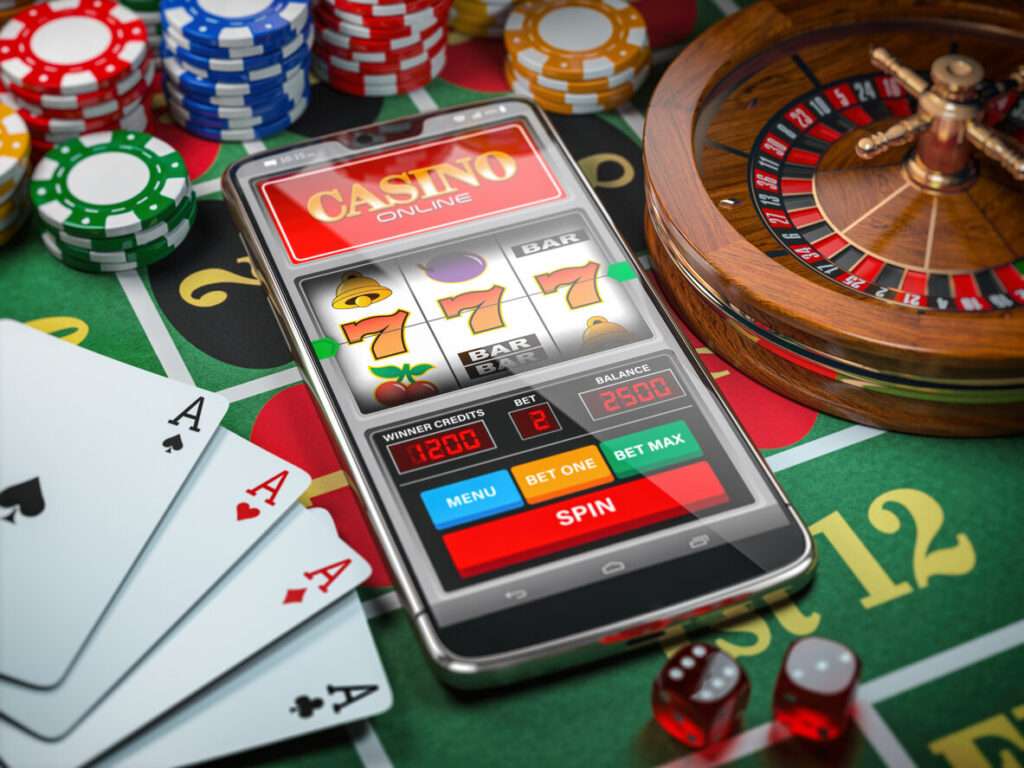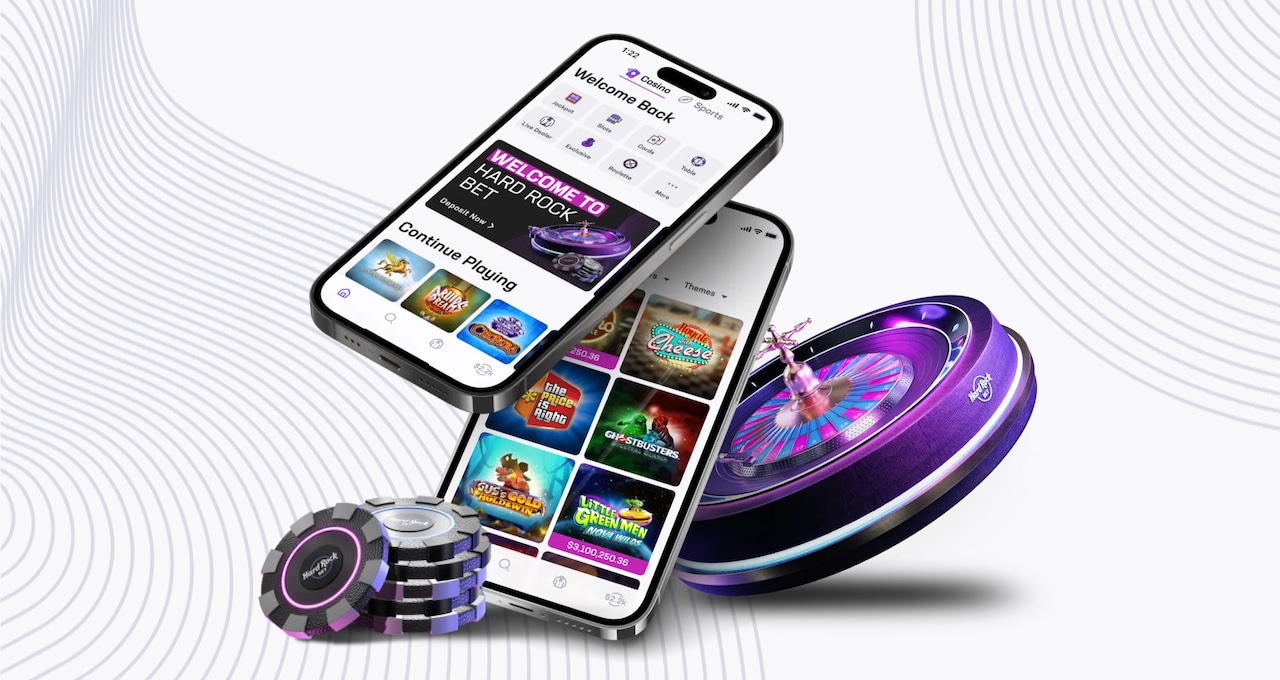Ever wondered how online slots decide whether you hit the jackpot or walk away empty-handed? Or why that roulette ball lands on 17 just when you’ve bet your last chip on black? The answer lies in three little letters: RNG. Random Number Generators are the invisible puppeteers of online casino games—but how do they actually work? And can you trust them?
RNGs Explained: The Digital Dice Rollers
Think of an RNG like a hyperactive croupier shuffling cards at light speed—except it’s not human, doesn’t take breaks, and couldn’t cheat even if it tried (more on that later). These algorithms generate thousands of number sequences per second, determining everything from slot symbols to baccarat outcomes. Two main types dominate online casinos:
- True RNGs (TRNGs): Use physical phenomena (like atmospheric noise) for randomness—rare in gambling due to slower speeds
- Pseudorandom RNGs (PRNGs): Algorithm-based and seed-initiated—the industry standard for their balance of speed and unpredictability
Here’s the kicker: PRNGs aren’t technically random. They start with a “seed” number (often using timestamps down to the millisecond), then apply complex math to produce results that appear random. But in practice? They’re unpredictable enough to pass rigorous testing.
How Casinos (and Regulators) Keep RNGs Honest
Let’s cut to the chase—you’re probably thinking, “Sounds sketchy.” Fair. But licensed casinos subject their RNGs to brutal scrutiny:
| Test Type | What It Checks | Who Does It |
| Statistical Analysis | Patterns over millions of spins | eCOGRA, iTech Labs |
| Source Code Review | No hidden “loss triggers” | GLI, BMM Testlabs |
| Live Audits | Real-time output verification | National regulators |
Reputable casinos display certification badges from these testers—click them to view public reports. No badge? Big red flag.
The Seed Situation: Why Timing Matters
Remember that seed number we mentioned? Here’s where it gets interesting. Some shady operators in unregulated markets have been caught reusing seeds, effectively replaying predetermined “random” sequences. How to spot it:
- Identical slot bonus rounds at the same exact spin count
- Roulette wheels repeating number sequences during demo play
- No visible certification from independent testers
Stick to licensed casinos—their seeds typically combine player inputs, server clocks, and cosmic background radiation (seriously).
RNG Myths That Just Won’t Die
Let’s debunk some persistent casino folklore:
“Cold/Hot Streaks Are Programmed”
Nope. RNGs have no memory. That slot doesn’t “owe” you a win after 50 losses—each spin is independent. Our brains just crave patterns where none exist (hence the “I was due!” mentality).
“Live Dealer Games Don’t Use RNGs”
Actually, they do—for shuffling cards or spinning wheels. The difference? You see physical results instead of digital animations.
“Free Play Modes Are Rigged to Hook You”
Regulators require demo modes to use the same RNG as real-money play. If anything, they often pay out less to discourage false confidence.
Player Protections: What You Can (and Can’t) Control
While you can’t outsmart mathematics, you can stack the odds in your favor:
- Check the Paytable First: RNGs determine frequency, but game designers set payout percentages (usually 94-98% for slots)
- Use Autoplay Sparingly: Some jurisdictions limit loss-stop features—manual play keeps you alert
- Watch the Clock: Session time correlates more strongly with losses than “bad luck”
Fun fact: Some progressive jackpots must hit before reaching certain amounts—their RNGs are programmed with “must-hit-by” algorithms. Not exactly random, but transparent in the rules.
The Future: Blockchain, AI, and… Quantum RNGs?
Emerging tech is shaking up the randomness game:
- Provably Fair Crypto Casinos: Let players verify each bet’s randomness using cryptographic seeds
- AI-Powered Auditing: Machine learning detects microscopic RNG biases humans might miss
- Quantum RNG Prototypes: Harnessing subatomic particle behavior for true randomness—still years from mainstream use
That said, most players just want to know: Is my blackjack hand truly random? For now, certified PRNGs remain the gold standard—imperfect, but statistically fairer than any human dealer.
So next time you spin that virtual reel, remember: It’s not fate, nor a rigged system—just beautifully complex math disguised as chance. Whether that’s comforting or terrifying? Well, that’s your gamble to make.




